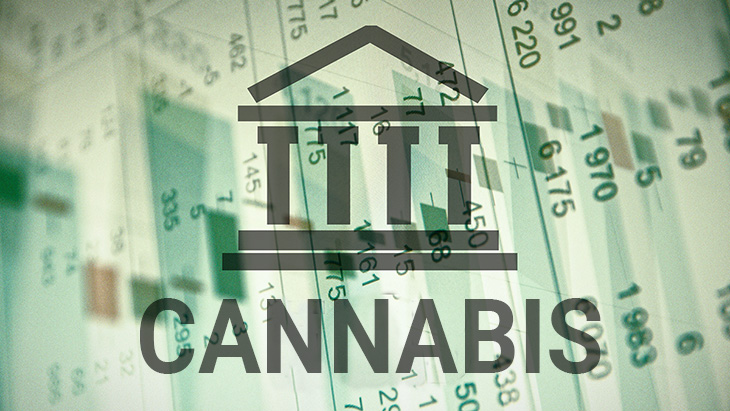
Lawmakers in both chambers of Congress have reintroduced the Secure and Fair Enforcement (SAFE) Banking Act with bipartisan support. The legislation, which was introduced by Senators Steve Daines (R-MT) and Jeff Merkley (D-OR) in the upper chamber and Representatives Earl Blumenauer (D-OR) and David Joyce (R-OH) in the House, creates a safe harbor for financial institutions to provide services to licensed, state-legal cannabis businesses. The latest version of the Act also provides explicit protections for Minority Depository Institutions and Community Development Financial Institutions that want to support cannabis businesses, and makes it easier for people working in the cannabis industry to obtain mortgage loans.
Under current federal policy, financial institutions are discouraged from providing services to the regulated cannabis industry. According to data provided by the US Treasury Department last year, only about 11 percent of all US banks and about four percent of all US credit unions are “actively providing banking services to marijuana-related businesses.” Survey data compiled in February 2022 by Whitney Economics reported that over 70 percent of participating cannabis businesses say that the “lack of access to banking or investment capital” is their top challenge. Lack of access to banking services forces many businesses to operate predominantly in cash, which is increasingly making them targets for crime as well as impeding the efforts of law enforcement and regulators to effectively monitor financial transactions.
“If cannabis businesses are to have any hope of operating safely, transparently, and in a manner that is competitive with the existing underground market, Congress must pass SAFE Banking now,” said NORML Political Director Morgan Fox. “It is irresponsible to shut this heavily regulated industry out of the US financial system. Every day that Congress fails to act further endangers small businesses and consumers, puts regulators and law enforcement at a disadvantage, and facilitates the activities of unlicensed operators and criminal organizations.”
The House of Representatives previously approved the SAFE Banking Act seven times as a stand-alone bill or as part of broader legislation, but it has not made progress in the Senate. Attempts to add cannabis banking reform language to must-pass legislation in the upper chamber at the end of the last session were ultimately blocked by Senate Republicans.
A Data For Progress poll published in November 2022 showed that 72 percent of voters – including nearly two-thirds of Republicans – support allowing licensed cannabis businesses to lawfully access US financial systems.
“The vast majority of Americans across the political spectrum support cannabis banking reform,” said Fox. “Even lawmakers representing the rapidly dwindling number of states without some form of regulated cannabis market should be able to see the necessity of passing this narrowly tailored, commonsense legislation that encourages small business growth, improves accountability, and saves lives.”
Cannabis is legal for medical purposes in 38 states, and 22 states have legalized adult use. Kentucky passed a medical cannabis bill into law in March, and Delaware became the latest state to approve legal adult use earlier this month. Adult-use legislation is progressing quickly in Minnesota.

